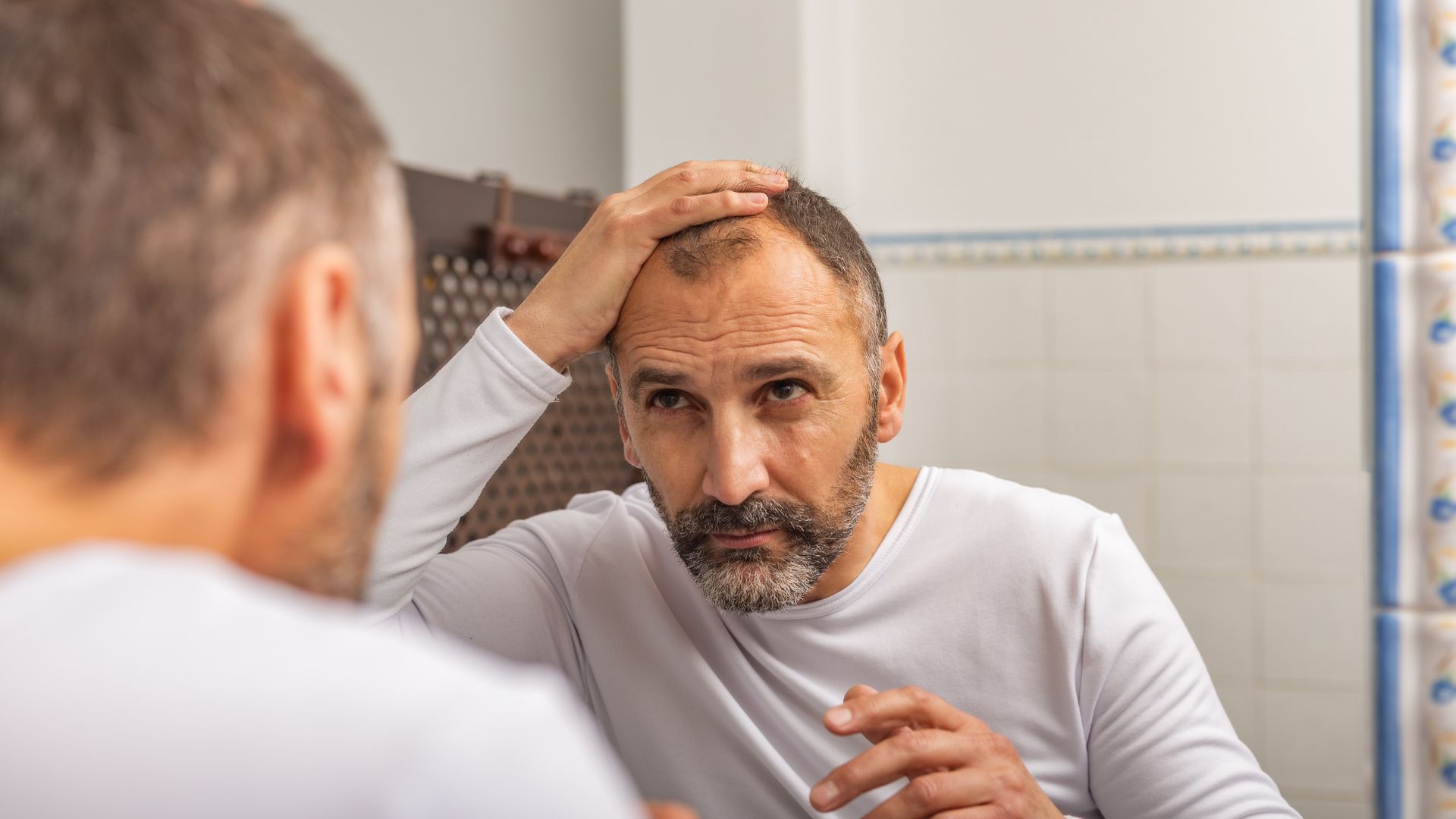 Blog Speed Optimization – Make Google & Users Happy!
Blog Speed Optimization – Make Google & Users Happy!
What will an endocrinologist do on a first visit?
Written by Akshay Sharma » Updated on: June 21st, 2025

Appointments with your general practitioner and endocrinologists are almost the same. Just like you discuss your symptoms and issues with your GP, you need to do the same with the endocrinologist. Prepare yourself by collecting essential information and documents. If you want to know more about endocrinologists, then follow.
An endocrinologist is a medical doctor specialising in the diagnosis and treatment of diseases related to the endocrine system and its hormones. They are experts in conditions affecting hormone-producing glands like the thyroid, pituitary, pancreas, and adrenal glands. If you feel hormonal imbalances or other endocrine-related issues, they may help you.
What to Expect at First Visit to an Endocrinologist?
You must have made an appointment with an endocrinologist near you, so let us help you prepare for that appointment. Here are some things you can expect at your first appointment with an endocrinologist:
- They will start by asking questions about the symptoms. These questions can be when they started, how they've changed over time, and their impact on your daily life.
- They may ask about your medical history of illness and sometimes your family as well, so prepare yourself for that. Collect your previous documents and medications you’ve been on.
- A detailed family history, especially any history of hormone-related disorders like diabetes, thyroid problems, or osteoporosis, is also important to state.
Expect to have physical examinations including:
- Checkups of your vital signs, including blood pressure, heart rate, and temperature.
- The endocrine specialist may examine the skin, hair, teeth and mouth as these areas can be affected by hormonal imbalances.
- Expect to have check-ups of your reflexes, thyroid gland and other areas that could indicate hormonal issues.
The endocrine specialist may order diagnostic tests, including:
- Blood and urine tests as these, can help assess hormone levels, blood sugar, and other relevant markers.
- Imaging tests like ultrasounds or X-rays may be used to visualise glands or organs.
- Other tests may be done depending on the situation. These other tests may include a glucose tolerance test for diabetes or a thyroid-stimulating hormone (TSH) test for thyroid disorders.
If your tests show some serious symptoms or issues, then endocrine specialists may proceed with the discussion of the treatment plan. They may recommend personalised treatment options to meet specific needs and goals.
They will review your medical history and, based on your physical exam and test results, they will discuss the status. This treatment plan will include medications, lifestyle changes, including diet and exercise, and further testing and monitoring.
What are the Reasons a GP Recommend an Endocrinologist?
A GP can refer to an endocrinologist for several reasons. Although your GP is a good choice for regular illness or conditions but they can refer you to a specialist who understands the condition better. An endocrinologist might be recommended by them for the following reasons:
Diabetes Management
If diabetes is getting difficult to manage even with diet and exercise changes, including medications, a GP may refer you to a specialist, an endocrinologist.
If there are complications from diabetes, like kidney problems or nerve damage, an endocrinologist can provide expert management because they are trained and specialised in treating these conditions.
Thyroid Disorders
In case of hypothyroidism or hyperthyroidism, a GP may refer them to an endocrinologist for diagnosis, treatment, and ongoing monitoring. If the disorder is complex or not responding well to initial treatment, you may get specialised care with an endocrinologist.
An endocrine specialist can help determine the cause of an enlarged thyroid (goitre) because they are well-trained to diagnose and treat the condition. They will manage and monitor the condition.
Other Endocrine Gland Issues
In case of adrenal gland disorders, osteoporosis, infertility, growth disorders and pituitary gland disorders, visiting endocrinologists can be the smartest decision to make, and a GP understand this.
Your GP might have some good recommendations for you, and they may refer you to an specialised endocrine specialist who can help with further treatment.
Hormonal Imbalances and Other Reasons
In symptoms of hormonal imbalances, such as irregular menstrual cycles, excessive hair growth, unexplained weight gain or loss, or mood changes, a GP may refer them to an endocrinologist for evaluation and treatment.
In case of PCOS (polycystic ovary syndrome), a GP can refer to an endocrine specialist for better care and treatment. Also, if individuals have a family history of endocrine cancers, they can get better management and specialised screening with an endocrine specialist.
So, in case of any endocrine-related issues, a GP will prefer visiting an endocrine specialist. Have you booked an appointment with an Endocrinologist in Chermside?
Note: IndiBlogHub features both user-submitted and editorial content. We do not verify third-party contributions. Read our Disclaimer and Privacy Policyfor details.
Copyright © 2019-2025 IndiBlogHub.com. All rights reserved. Hosted on DigitalOcean for fast, reliable performance.
















